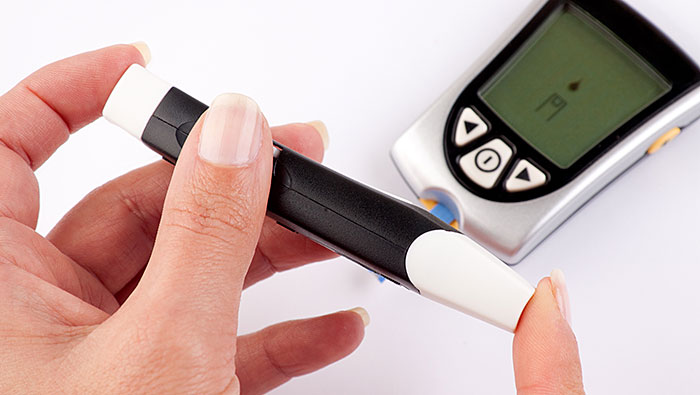Risk Factors
Unfortunately, the simple fact of being a woman increases your risk for heart disease and stroke.
Factors That Increase Your Risk for Heart Disease
When you think of an energetic college athlete, the last thing you’d think she’d have to worry about is heart disease. But that’s exactly what 19-year-old Regan Judd was faced with her junior year. Turns out, her youth was no match for risk factors like her heart murmur and a family history of heart disease.

Regan’s story is unfortunate proof that heart disease does not spare the young. It does not discriminate based on age, and in combination with lifestyle, overall health and whether or not it runs in your family, these factors can work together to raise your risk. While you can’t change things like age and family history, the good news is that even modest changes to your diet and lifestyle can improve your heart health and lower your risk by as much as 80 percent. Read on to learn more about each of the risk factors, how to assess each and the keys to prevention so you can cut your risk and keep heart disease out of your life – for good.
What You Can & Can't Control
Some risk factors you can't do anything about. But others you can treat, manage or control with the help of your healthcare provider. Those you can’t change, like your family history, are still important when assessing your risk for heart disease and stroke.
Risk Factors That Can Be Managed
You can control or treat these risk factors with lifestyle changes and your healthcare provider's help:
- High blood pressure
- Smoking
- High blood cholesterol
- Lack of regular activity
- Obesity or overweight
- Diabetes
Risk Factors You Can't Control
You can't change these risk factors:
- Age
- Gender
- Heredity (family health history)
- Race
- Previous stroke or heart attack
Read More About Factors That Increase Your Risk for Heart Disease
 Cholesterol and Heart Disease
Cholesterol and Heart Disease
Find out healthy cholesterol levels and what you can do to improve your health.
 High Blood Pressure and Heart Disease
High Blood Pressure and Heart Disease
High blood pressure is a misunderstood condition. Read on to learn the truth about its relation to heart disease.
 Children and Physical Activity
Children and Physical Activity
Children need at least 60 minutes of physical activity every day to maintain optimum health and to help improve their psychological well-being.
 Smoking and Heart Disease
Smoking and Heart Disease
In addition to lung cancer, smoking can put your body at risk for heart disease. Find out effects of smoking and tips on how to quit.
 Diabetes and Heart Disease
Diabetes and Heart Disease
Adults with diabetes are two to four times more likely to have heart disease or a stroke than adults without the condition.
 Weight and Heart Disease
Weight and Heart Disease
Losing weight isn't just for aesthetic reasons. Practice heart healthy eating habits to keep your risk for heart disease low.
